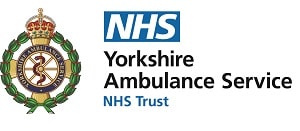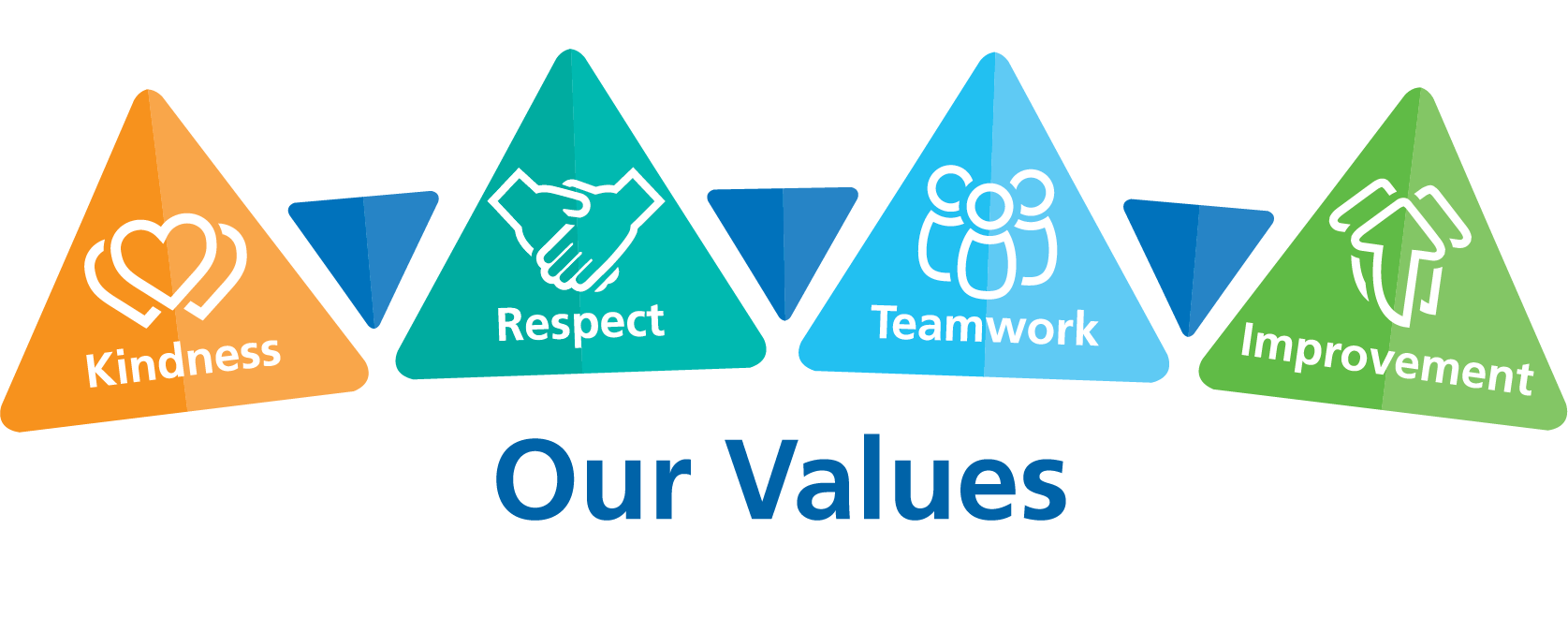International Paramedics Day 2024
05 July 2024

On Monday 8 July 2024, Yorkshire Ambulance Service (YAS) will celebrate International Paramedics Day which is hosted by the UK’s College of Paramedics to honour the dedication and impact of paramedics, first responders and community volunteers around the world.
We are joining forces with more than 100 organisations to promote the campaign theme, “The Difference We Make”, which will look at the many ways our frontline clinicians make a difference, from responding to life-threatening emergencies to providing comfort to patients and their loved ones in their hour of need.
Thank you to all our staff who have shared their stories about the difference they make – these can be viewed below.
Dave Green, Executive Director of Quality and Chief Paramedic at YAS, said: “International Paramedics Day provides us with perfect opportunity to celebrate the incredible contribution that paramedics make to patients every minute of every day.
“At YAS we have 1,960 paramedics who work in a variety of roles, including on the frontline, in our Emergency Operations Centre and NHS 111 service as well as in other departments such as research and quality improvement. They do a fabulous job, often in challenging and unpredictable circumstances, alongside our other frontline clinicians.
“Healthcare is continually evolving, and the role of the paramedic is no different. As the profession continues to develop, our patients benefit from enhanced learning in areas such as critical care where we help those who are seriously ill or injured, and urgent care where we are often able to treat our patients in their own home and prevent unnecessary hospital admissions.”
International Paramedics Day was first organised by the College of Paramedics in 2022 in response to the tremendous personal sacrifices and life-saving efforts made by all those working in pre-hospital emergency care during the worldwide COVID-19 pandemic. The day is celebrated every year on July 8 because this marks the anniversary of the birth of Dominique Jean Larrey, the French military doctor who became Napoleon Bonaparte’s chief surgeon of the Grand Armee and the man often referred to as the 'father of modern-day ambulance services'.
The difference we make
Aimee, Paramedic
"Having been a frontline Paramedic for a number of years, we make a difference every day. The role can be rewarding but upsetting at the same time. I think the hardest part of our job is informing family members that their loved one is extremely poorly. Our main priority is the patient, but we must look after their family members or carers as well. Being open and honest with a family about the health of their loved one is paramount.
“Being a Paramedic is not always about car accidents and major trauma. On a number of occasions, I have stayed with a family member while the patient is dying because they have requested me to stay. The role can be about holding a patient’s hand while they pass away in bed, or holding the family member’s hand, just to let them know you are there. When a family thanks you for all your effort, even when you haven’t opened your drug pouch, because you have provided a holistic approach to the patient’s and family’s needs and desires is why I love my job.”
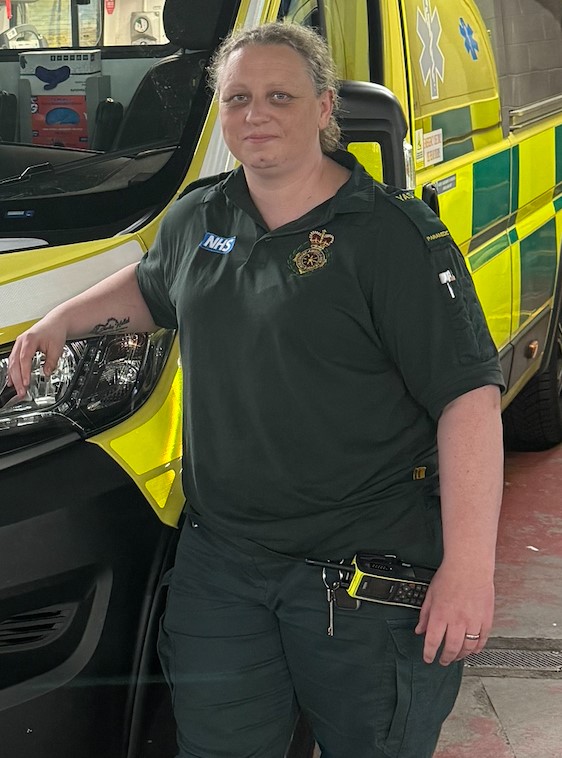
Victoria, Paramedic Urgent Care
"I attended an end-of-life emergency of an elderly woman and her husband. The patient was in the dying phase and, whilst this was expected, it brought great sadness to her husband. Her wishes were to die in a hospice under their care.
"On preparing to leave, her husband told us that years earlier on their wedding day he had carried her over the threshold to start their long, married life together in their new home. On hearing this story, we asked him if wanted to help us carry her over the threshold to the hospice, as this would be the last time she would be in their home. With tears in his eyes and a smile, he said that would be perfect. So, with the patient on the carry chair, the husband held onto the side whilst we lifted her over the doorstep and into the ambulance.
"In that moment I recognised that being a paramedic isn't always about the medical treatment I have learnt to give, it's those small interactions, the recognition of humanity and the empathy and understanding of people's needs beyond medical care. And as a Paramedic I can provide all of that."
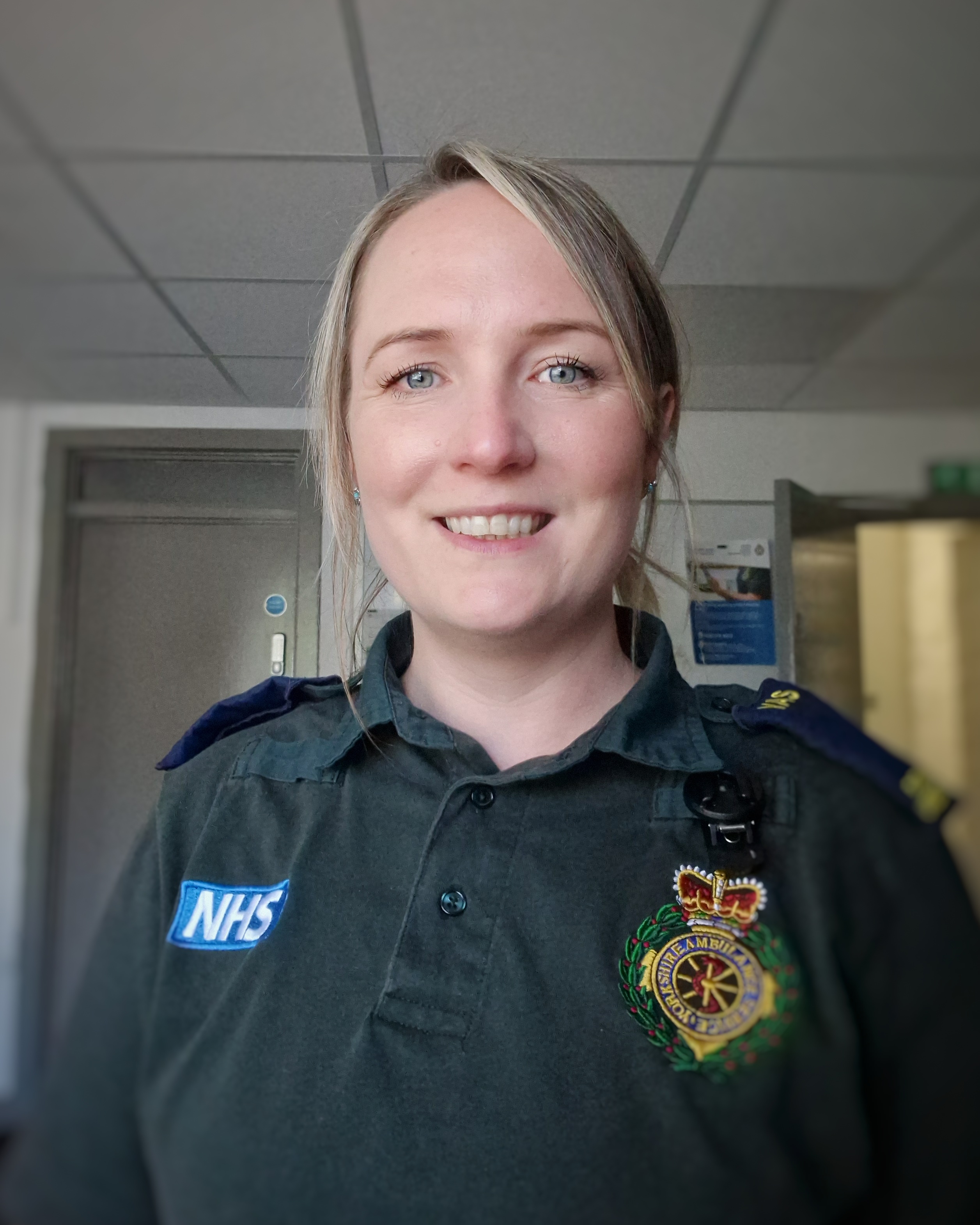
Claire, Advanced Paramedic Urgent Care, Advanced Clinical Practitioner, Palliative and End of Life Care Lead
“As an Advanced Paramedic Urgent Care, my role is to support, develop and provide assurance to specialist and advanced practice at YAS. This can be evident in many ways including clinical supervision, developing patient group directions relating to the administration of medicines, completing and leading audit projects to identify learning or good practice, providing senior clinical input to support incident reporting, as well as leading palliative and end-of-life care initiatives within the Trust. As a result, I hope that this makes a difference within our workforce whilst enhancing the delivery of care that we can provide to our patients.”
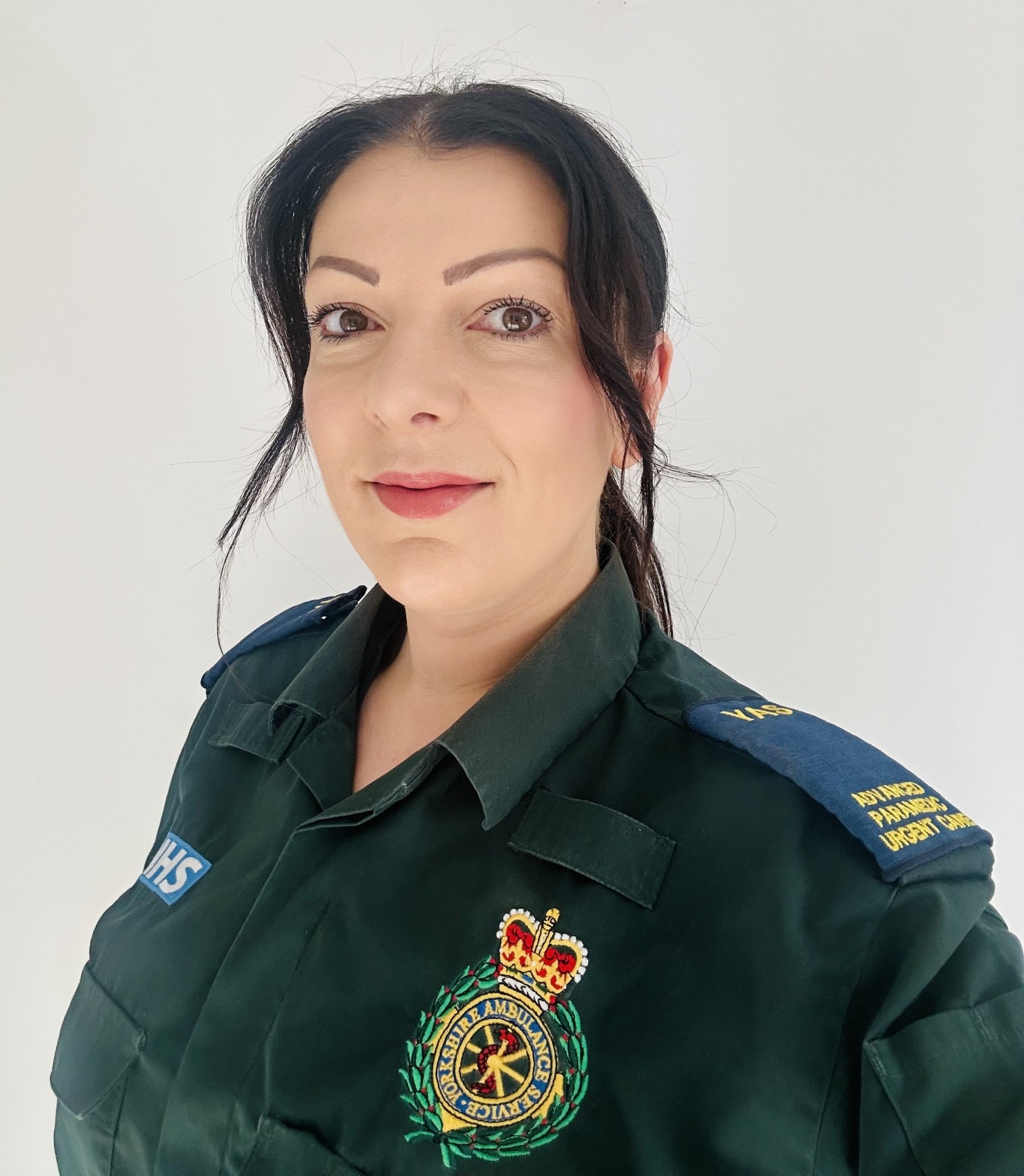
Jon, Paramedic and Clinical Navigator
"As a Clinical Navigator I also manage clinical demand in a specific area, make clinical decisions and assess the safety of the waiting patients, directing and supporting our dispatch team where appropriate, and ensuring that crews are appropriately assigned to reduce harm. This could include targeted highly specialised clinical advice whilst ambulance responses are on route, contacting patients or their representatives, reviewing the dispatch order of incidents, requesting secondary clinical assessment or streaming incidents to other partner agencies or specialist resources.
“A particular example is when a call was received from an elderly gentleman who was struggling to cope with his wife who was slowly deteriorating; he had no close family or friends and no support. Assessing the call, the patient was referred to one of our external Urgent Care Response Teams who accepted the case. The patient was contacted by them, and a Rapid Response Team was dispatched. The patient was then referred for social care support, their GP for a much-needed assessment and medication review, a District Nursing Team for weekly medical support, and a local charity which helps to support the elderly. This not only meant an ambulance could be used elsewhere, but importantly the patient and his partner now have the necessary support in place going forward.”
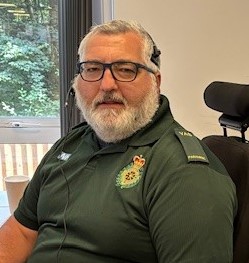
Spencer, Paramedic and Head of Quality Improvement
“Through improvement work, I have recently helped teams that will see us bring about a better experience for new people joining Yorkshire Ambulance Service. By building strong relationships between teams, empowering people to continuously develop and delivering improvement education to colleagues, the intention is that people who join us will benefit from a great start to their employment, be ready to learn and want a long career with us.”
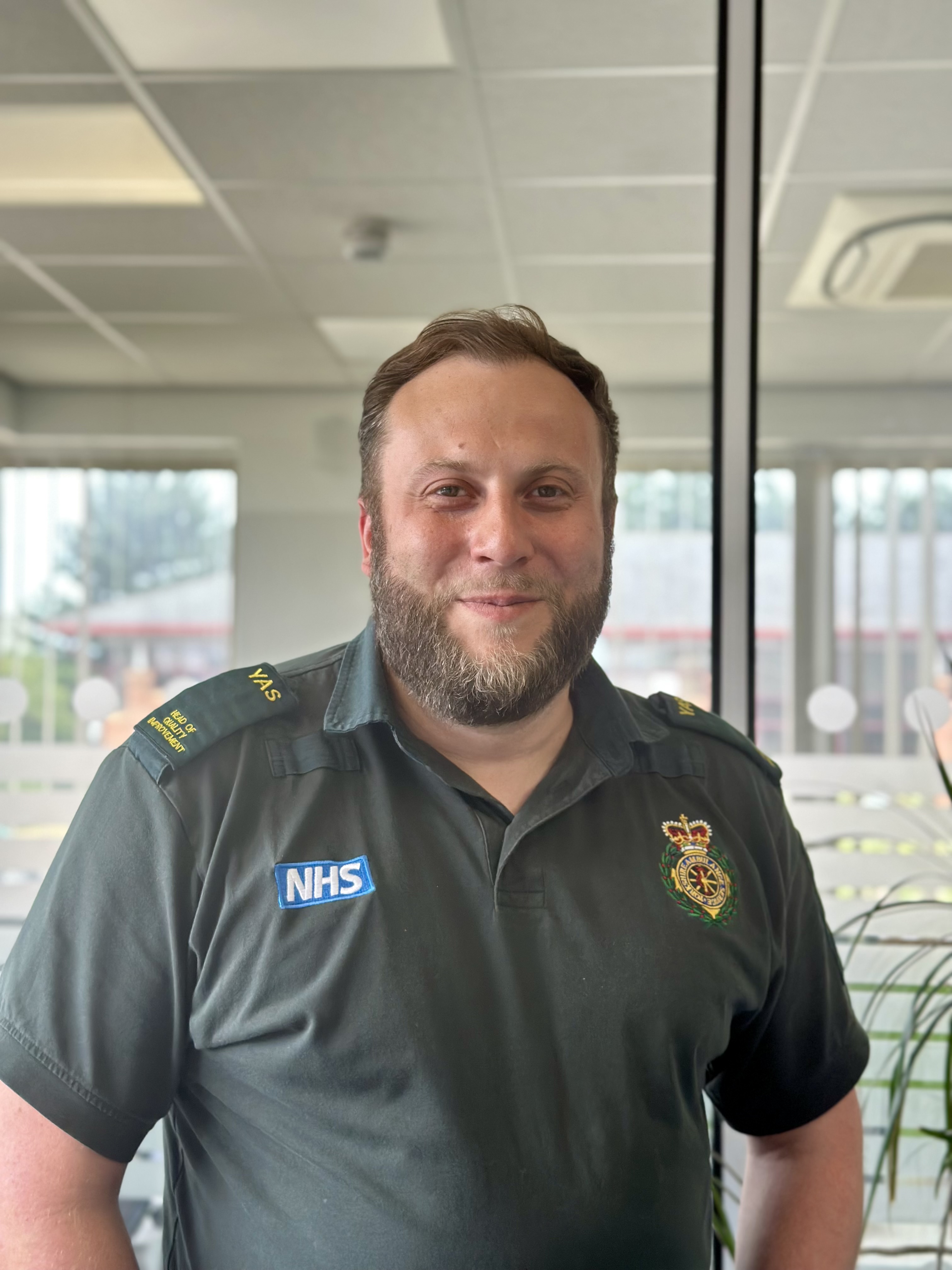
Heather, Paramedic
"I’m proud to have helped patients over the years get the specific care they need through increased access to urgent care pathways. I have since become a Pathways Champion, helping to develop and encourage use of pathways through continuous professional development, liaising with colleagues and providing awareness sessions.
"One example of making a difference was an elderly lady we attended who was increasingly struggling with her mobility. We were able to refer her for residential rehabilitation where she would be supported in a care home whilst undertaking physiotherapy to increase her mobility and ability to manage at home.
"Traditionally, not being able to manage at home would have required admission to A&E, even with no medical need for being in hospital. However, we avoided this situation which meant no long waits for assessment, increased risk of pressure sores, acquired infections, or waiting in hospital for community rehabilitation options. Instead, the patient was able to stay at home in comfort to be assessed and access services more efficiently. This also prevented use of a hospital bed that could be used for a medical patient.
“Access to urgent care pathways is constantly evolving and improving and can make a huge difference to our patients getting the right care, in the right place, at the right time.”
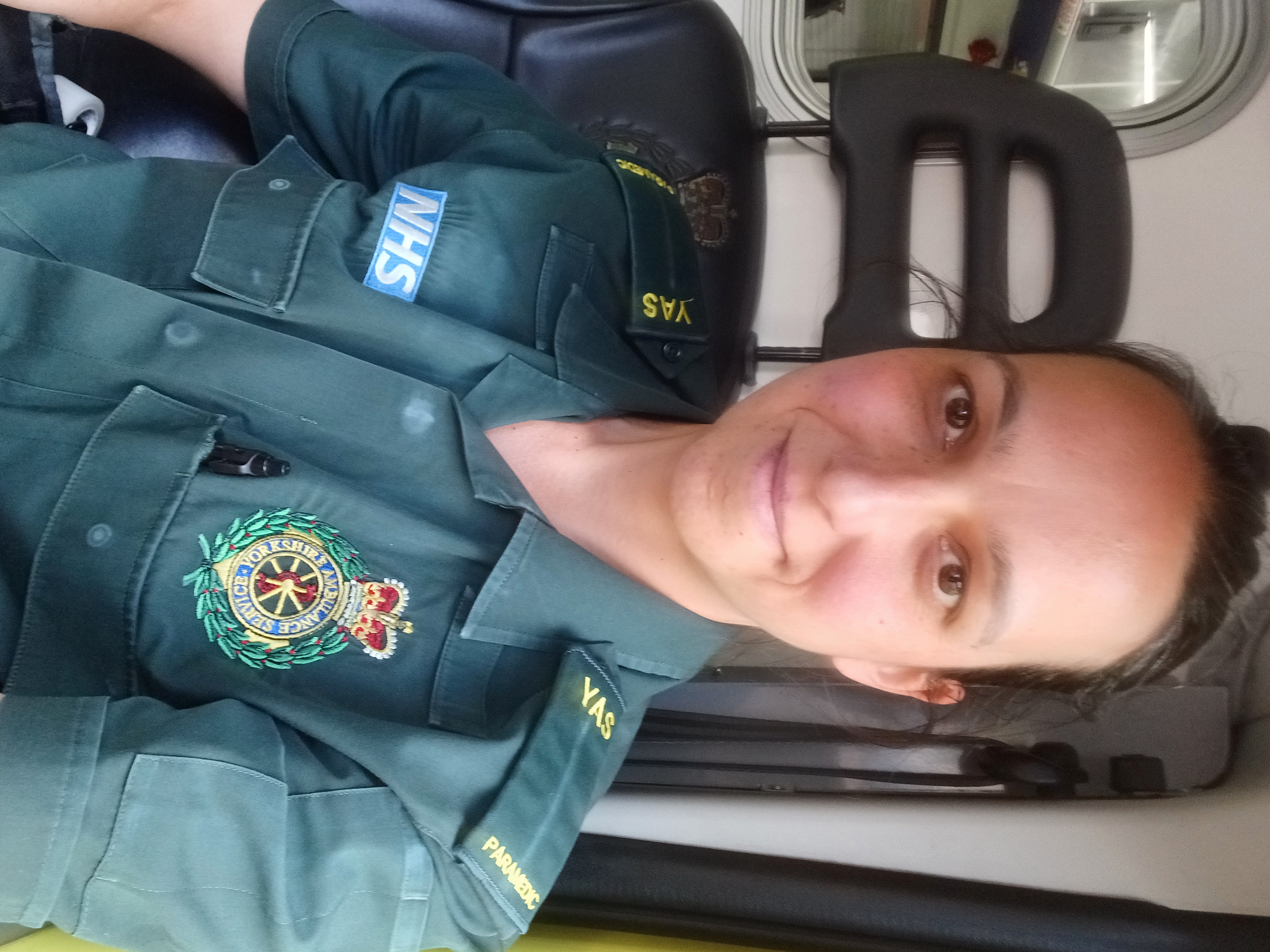
Shaun, Hazardous Area Response Team Paramedic
Shaun is Paramedic with our Hazardous Area Response Team which means he is also a qualified to carry out rescues and treatment in swift water environments such as fast flowing rivers or flooding.
He recalled one incident which had a particularly rewarding outcome.
“Along with the fire had rescue service, we deployed a boat and jointly transported a female patient who had fallen from a bridge onto an embankment next to a river which had limited accessibility. The patient had a reduced level of consciousness and potentially life-threatening injuries. Local YAS medics used a scoop stretcher to fully immobilise her to ensure her injuries were protected.
“We then maneuvered the boat with the patient on board approximately a mile down the river to a better location where she could be taken to safety, and where the ambulance had accessibility. We were able to monitor and treat the patient throughout the incident.”

Richard, Advanced Paramedic Urgent Care
“Whilst working in my role in primary care, I was able to utilise the advanced assessment skills I have learnt through my urgent care training to identify an a-typical presentation of an eight- year-old girl who was an undiagnosed type 1 diabetic.
"This meant I could swiftly refer her to the paediatric assessment unit where she received further care. It was particularly rewarding when the patient and her mother attended to see me the following week, with a thank you card, stating if I hadn’t had recognised this, she could have soon become critically unwell.
"It’s particularly rewarding when the advanced training and skills we have learnt are applied to our practice and lead to an enhancement of patient care.”
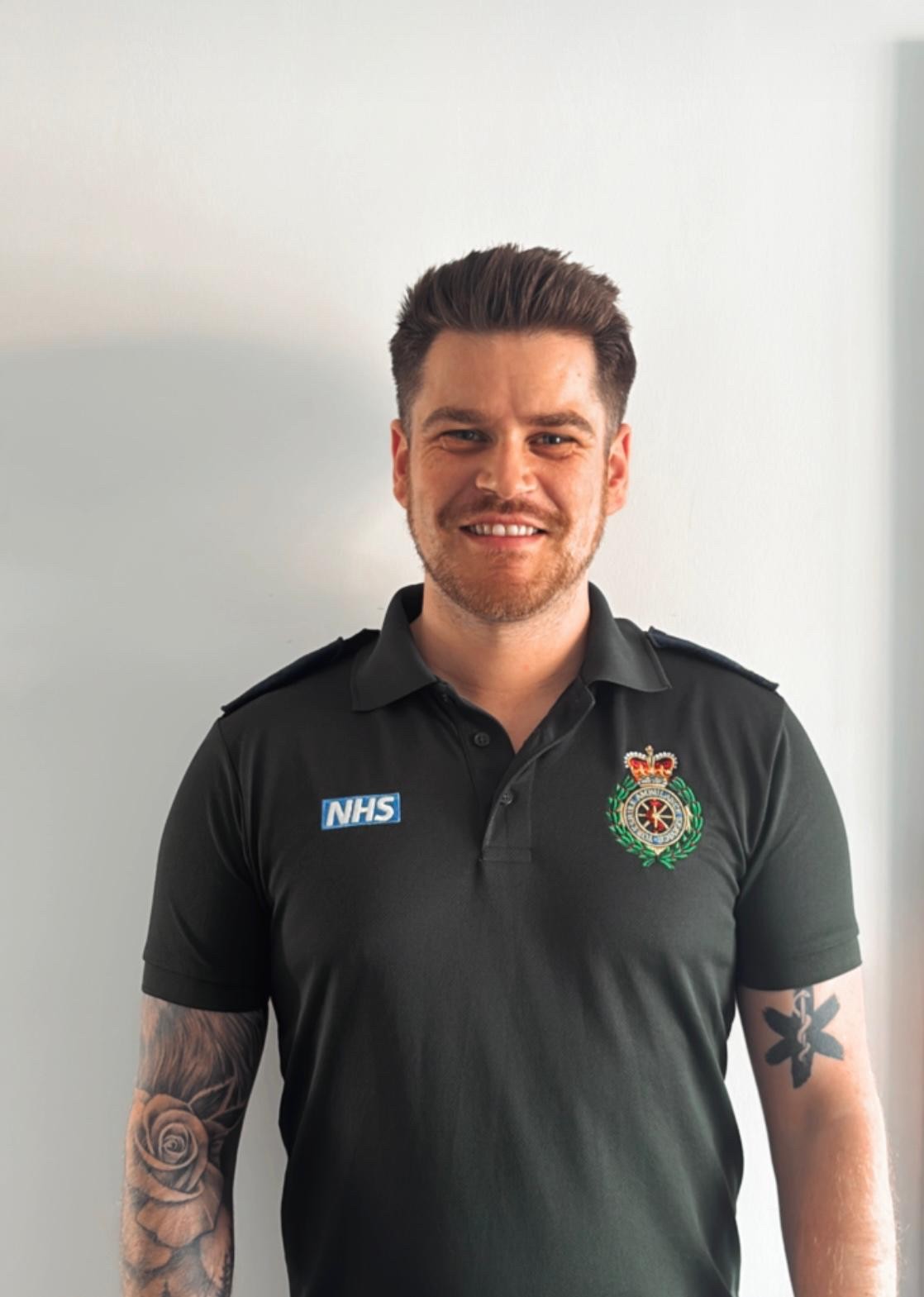
Carl Betts, Paramedic and Quality Improvement Lead
“In our role as Paramedics sometimes we have to deliver sad news to loved ones when a family member passes away. I recall an incident where an elderly lady had gone from enjoying life with her husband of 60 years to, in a very short period of time, sitting in her living room contemplating life without her husband. I made a real effort to look after this lovely lady, I made her a cup of tea, we talked about her husband and just shared some time together.
“As Paramedics we are offered the privilege of being in a really trusted position and it is always the little things that have an impact. A few weeks later I received a lovely letter of thanks from the lady’s son which made me feel so proud that in that lady’s hour of need we were there for her.”
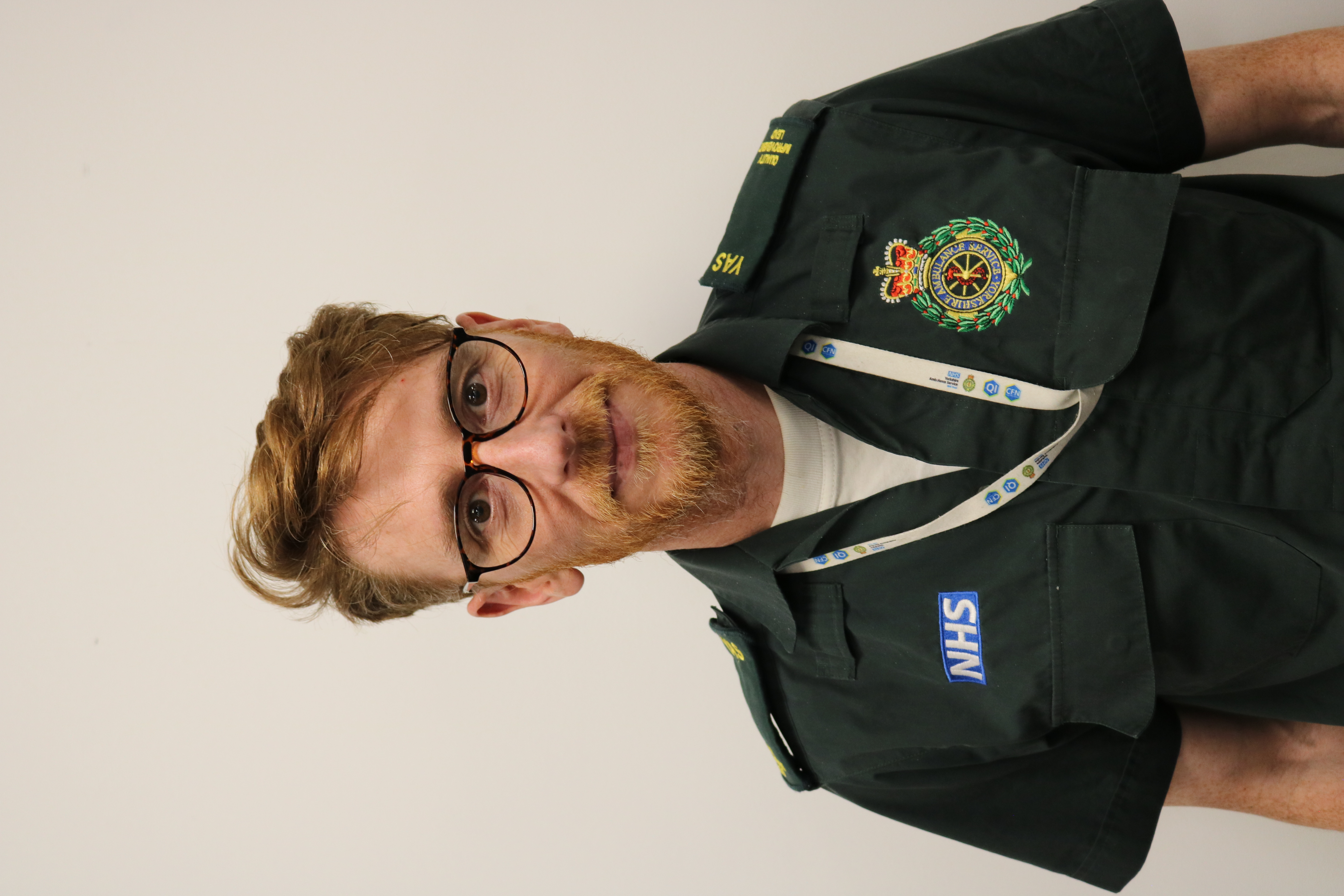
Produced by: Corporate Communications Department
